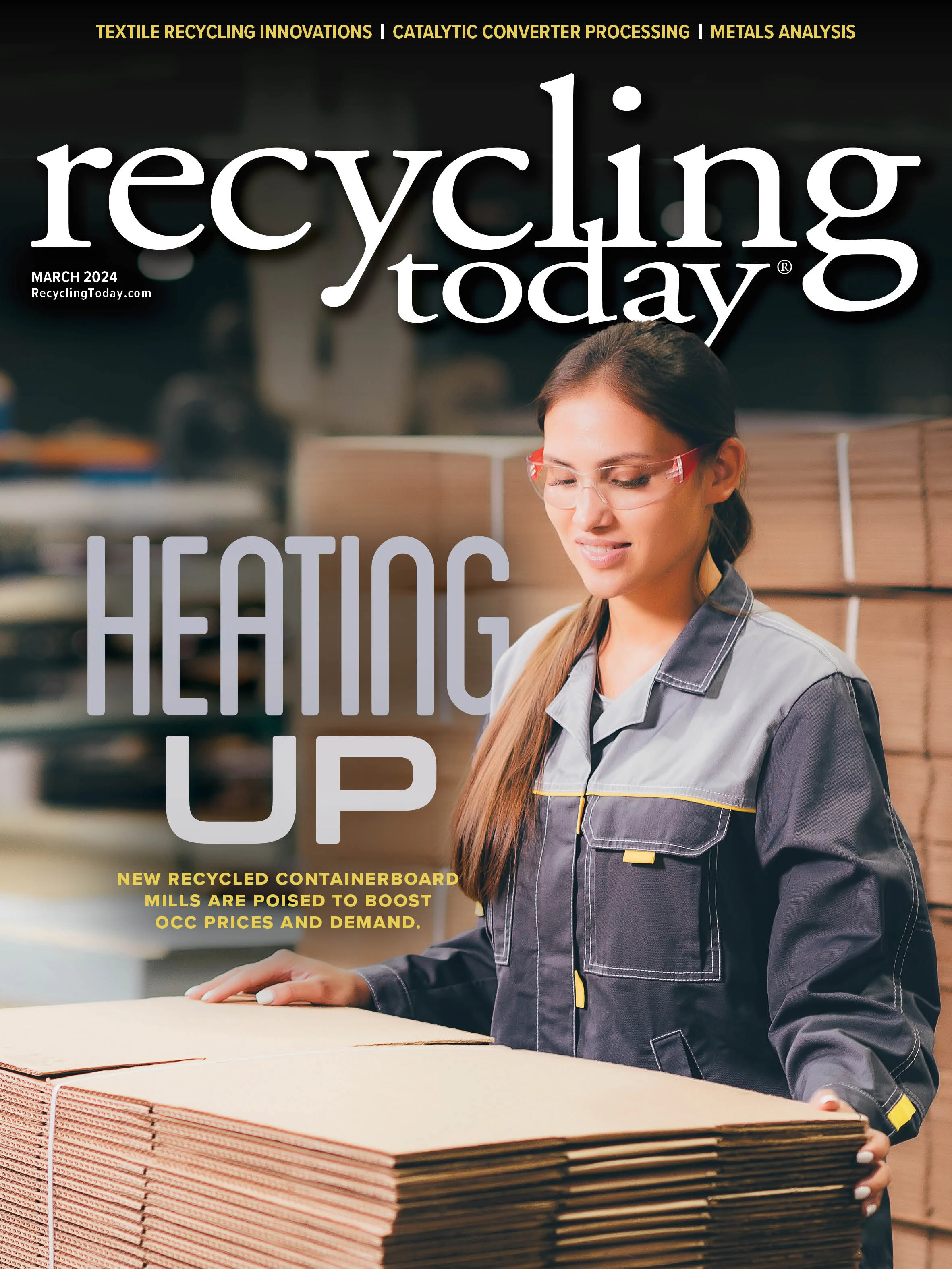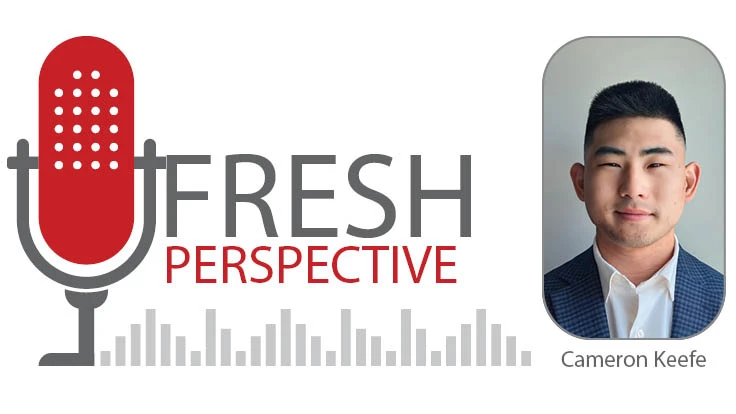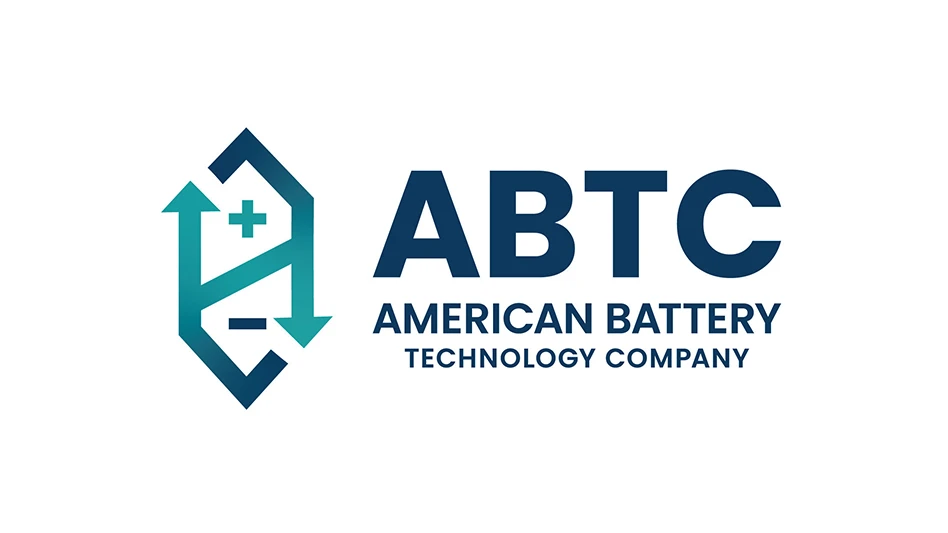Demand and pricing for different grades of recycled plastic have stayed flat in early 2024, and that lack of radical change could provide a sense of calm.
In stark contrast to historical highs reached in 2022, pricing fell back to Earth and then rebounded in some cases from historical lows reached last summer. Since the fall, some in the industry say the market has found more stable footing.
A broker based in the Northeast believes that stability is an encouraging sign, even if it’s not the most exciting thing to view on paper.
“I think, ideally, people do want that stability, where everybody’s comfortable and making money and material is moving. I think that’s the goal. Maybe it’s a little bit of a boring market, but I think it’s working for everybody.” – a broker based in the Northeast
“We’re at numbers right now that both generators and end users could probably be happy with,” the broker says. “I think, ideally, people do want that stability, where everybody’s comfortable and making money and material is moving. I think that’s the goal. Maybe it’s a little bit of a boring market, but I think it’s working for everybody.”
By the third week of February, the broker says polyethylene terephthalate (PET) bales were priced between 12 cents and 17 cents per pound, depending on the region of the U.S. they originated from. Natural high-density polyethylene (HDPE) trended as high as 33 cents per pound, while colored HDPE was around 26 cents per pound. Polypropylene was priced between 5 cents and 10 cents per pound, depending on the region.
A PET recycler based in the Midwest also has seen stable demand and pricing, though virgin material has remained a less expensive option. “Currently, we don’t see a lot of growth, and I am sure that pricing is slowing projects,” the recycler says. “But, overall, consumer demand is lower, I believe, due to inflationary pressures, so that could be affecting sales.”

Demand and pricing could start to inch up as spring draws near. A material recovery facility (MRF) operator based in Nebraska says plastic scrap generation was at a typical seasonal low in January and February and should rebound in March and April as companies ramp up production of items ranging from water bottles to milk jugs to pipes.
“Demand is good, not great,” he says as of late February. “Almost all grades are moving without much effort. In years past, PET would back up this time of year, but there is good pull from rPET producers. HDPE is up a modest amount from late 2023 and is expected to move higher by mid-March. In fact, all grades are moving that we handle, although pricing could be higher.”
The broker and MRF operator both point to PP as a grade that could see an uptick in pricing this year as its market develops.
“Only recently has demand for virgin PP jumped up,” the MRF operator says. “And, hopefully, this will move to [recycled] PP.”

Explore the March 2024 Issue
Check out more from this issue and find your next story to read.
Latest from Recycling Today
- Updated: Matalco to close Canton, Ohio, plant
- Metso launches electric Anode Weighing and Casting Machine
- Circular by Shapiro releases '5 for Five' sustainability series
- Graphic Packaging set to close Ohio CRB facility
- Ameripen voices support for Maryland EPR bill
- Maryland county expands curbside recycling to include electronics
- California EPS ban will be enforced
- YKK AP America introduces BetterBillet





